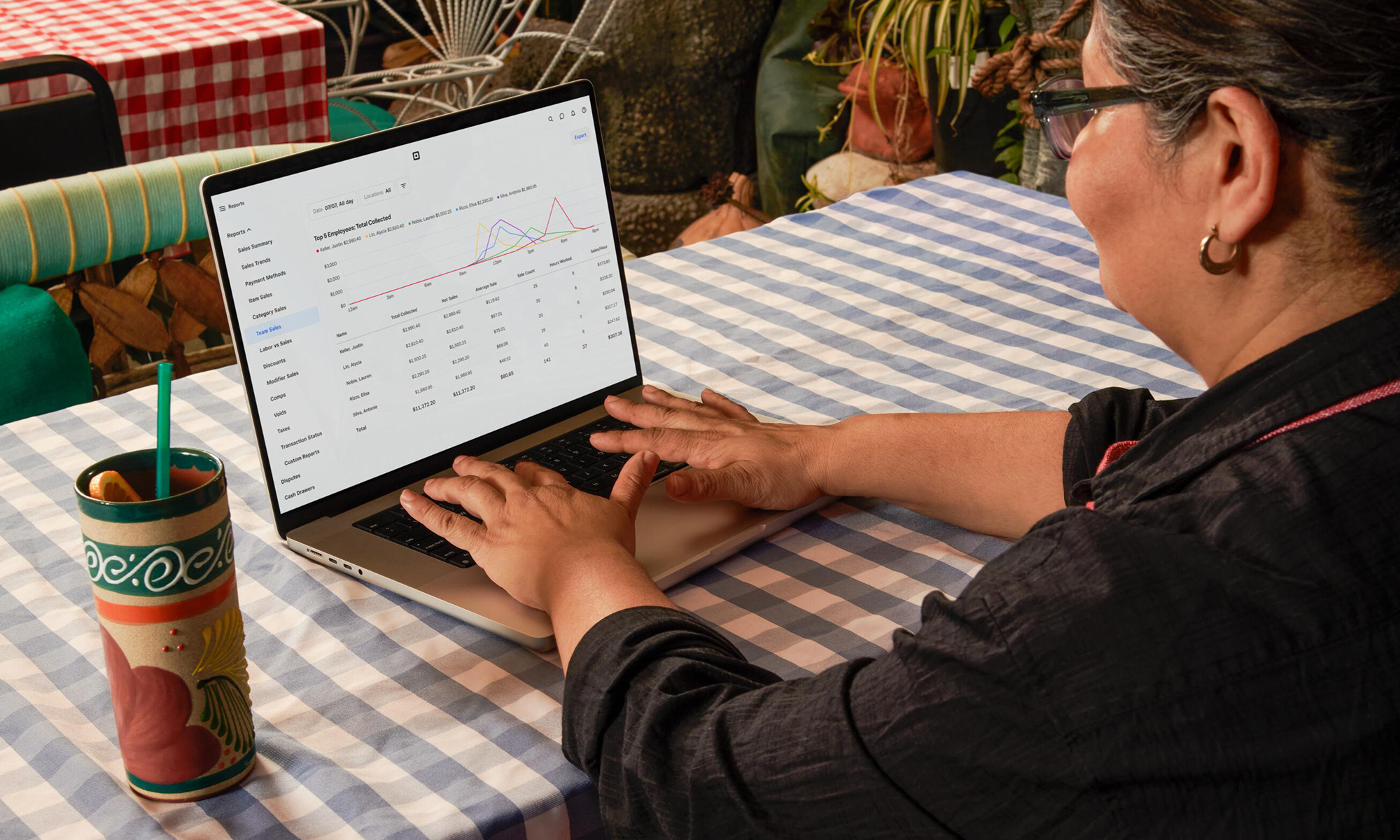Fintech stocks, in general, have soared recently. But one company in the space has seen downright staggering growth: Square (SQ +0.17%). A 230% gain over the past 12 months has pushed shares from under $30 to over $90, more than tripling Square's stock price.
While the stock's mind-boggling gain puts the spotlight on the company's outstanding performance recently, it also raises questions about Square's valuation. Square's price-to-sales ratio has risen from about five this time last year to just over 13 today. Does this valuation make sense? More specifically: Is Square still a buy after climbing so high, so quickly?

Square Register. Image source: Square.
Why Square stock soared
The first question to tackle when considering Square stock is whether or not its recent uncanny rise is justified.
An overview of the company's recent financial performance makes it easy to see why investors have become so optimistic about the company. Not only is the company growing rapidly, with net revenue and adjusted revenue rising a respective 48% and 60% year over year in the company's most recent quarter, but Square's growth rate has been accelerating every quarter for five quarters straight.
And this acceleration hasn't been moderate; it's been steep. In the year-ago quarter, for instance, revenue and adjusted revenue were up 26% and 41% year over year, respectively -- a far cry from Square's 48% and 60% growth in the respective metrics in the company's second quarter of 2018.
This acceleration not only spotlights the attractiveness of the markets Square operates in, but it demonstrates management's ability to launch compelling new products that expand its offering in ways that grow its business. Consider that as of the end of last year, an impressive 36% of Square's adjusted revenue was generated from products launched since 2014.
In addition to its solid top-line growth, Square is marching toward profitability as it benefits from increased scale. The company's adjusted earnings before interest, taxes, depreciation, and amortization (EBITDA) margin was 18% in Q2, up from 15% in the year-ago quarter. Meanwhile, Square's net loss narrowed from $16 million in the year-ago quarter to $6 million.
Buy, sell, or hold?
Still, does Square really deserve a price-to-sales ratio of 13? Though Square certainly isn't the good deal it was earlier this year, the stock remains a solid long-term bet for two key reasons.
First, Square's scalable business model means it will likely see outsize growth in earnings in the coming years. Analysts, for instance, expect Square's non-GAAP earnings per share to soar an average rate of 55% annually over the next five years.

Square for Restaurants. Image source: Square.
Second, Square continues to show its prowess in launching new, major products. Late last year, Square launched a high-end point-of-sale device -- Square Register -- that's helping the company rapidly attract sellers with average gross payment volume of $300,000. Even more impressive, its new platform Square for Restaurants, which was launched in May, is pulling in businesses with an average of more than $650,000 in gross payment volume.
Considering Square's recent performance, its earnings potential, and its aggressive efforts to regularly launch compelling new products, Square stock remains attractive at around $90 per share. Of course, Square's pricey valuation means investors should keep positions small to account for the risk of investing in a stock with so much optimism already priced in.






